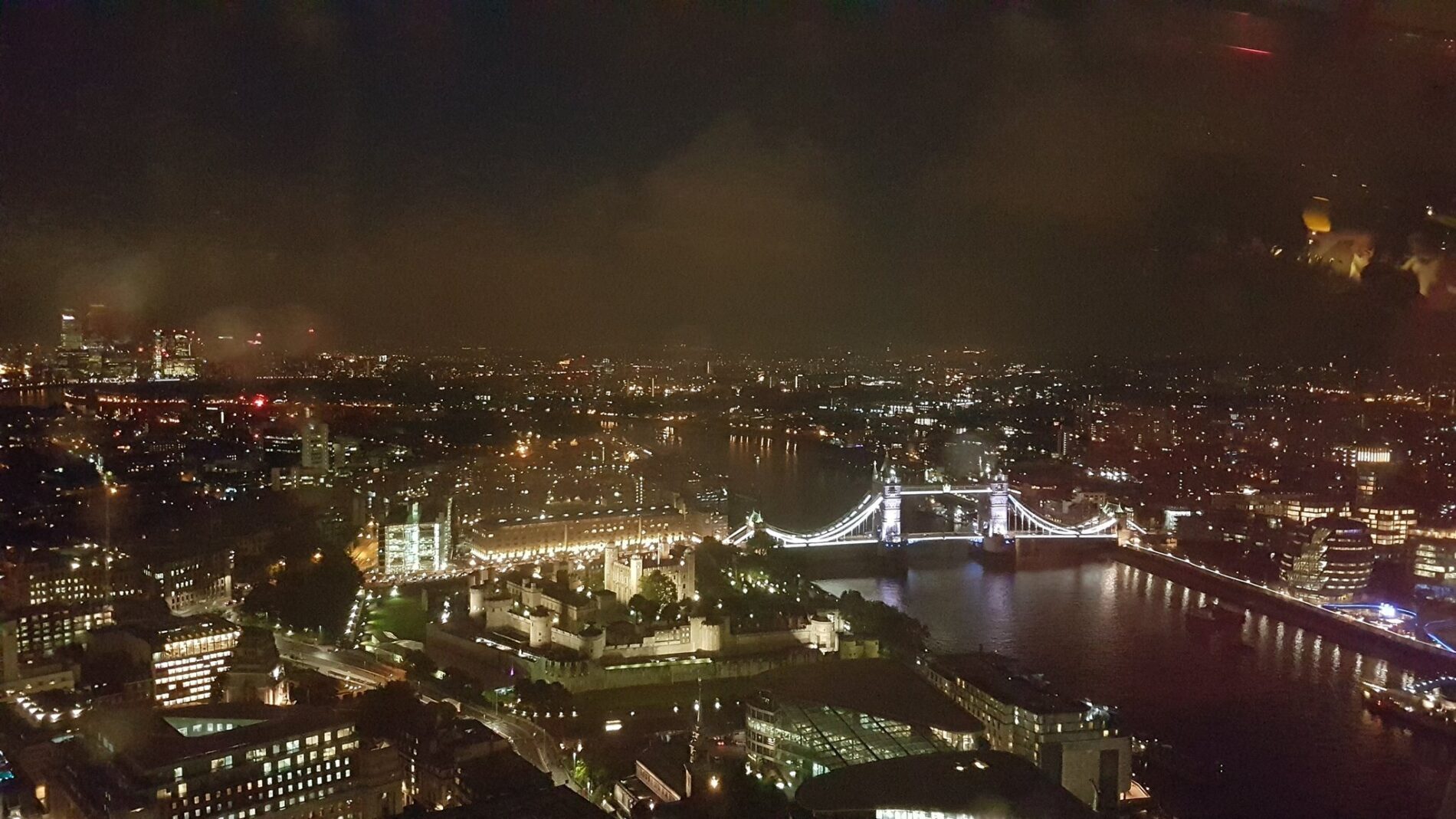How Did the English Language Evolve?

From its birth as a Germanic dialect spoken by a small tribe to its current status as a global lingua franca, the English language has been through many evolutions. There are many factors that shaped its development over the centuries, and the linguistic transformations that have moulded its structure entwine history and human nature.
English is a marvel made of multicultural dialects that can be endlessly adapted. Get a cup of tea, sit back, and find out more about the incredible story of the English language, a tale of many tongues.
Tracing the Evolution of the English Language
Take a trip back in time to the 5th century, on the shores of Britain which are filled with warriors, farmers, and, most importantly, storytellers. The Angles, Saxons, and Jutes, Germanic tribes, all helped make up this tapestry of human life, and all brought their languages with them. In time, these tongues intermingled, forming what we now know as Old English. It was a language rich in inflexions, where nouns and adjectives changed their forms to indicate case, gender, and number.
Fast forward to the 11th century, and the Norman Conquest introduced a dash of French flavour into the linguistic melting pot. Suddenly, English was infused with a mix of Old Norse and French words, adding extra layers to an already rich vocabulary. Just like that, Middle English emerged. This evolution of the language would soon charm the literary world with works like Chaucer's Canterbury Tales.
Factors That Shaped the Development of English
Technology, history, and culture have all helped to shape the English language. The printing press arrived in the 15th century, allowing written words to invade the isle like rampant Vikings looking for a village to pillage. Written English text helped to enable standardisation and create a unified English language throughout the realm. This innovation facilitated communication and paved the way for the rise of Modern English.
Jump to two hundred years later, to the bustling streets of 17th century London, and English is undergoing another rapid transformation. With the expansion of trade and the British Empire, the English people embarked on a global adventure, absorbing words from countless languages. From "chai" to "kangaroo," these borrowed words reflect the diverse cultural encounters that shaped English into the vibrant language it is today.
Linguistic Transformations That Altered the Structure of English
Old English's complex inflectional system gradually simplified, making way for the analytical nature of Modern English. This meant that instead of relying on inflexions to express grammatical relationships, English embraced the use of auxiliary verbs and word order. This released the language from a linguistic prison and allowed talented writers to express themselves in new and innovative ways. This leads us to one of English literature’s most famous names, the father of artistic linguistic expression and prose.
Shakespeare's masterful plays and sonnets are perfect examples of Early Modern English, introducing a blossoming vocabulary, poetic expressions, and evolving grammar rules to the language. The evolution of English at this time was quick and expansive, with words like "bedazzle" and "eyeball" finding their way onto the tongues of English speakers “thick and fast”.
Exploring English's Multicultural Vocabulary
The landscape of English vocabulary has been shaped by encounters with different cultures and languages. Everyday English words come from distant shores, like "sugar" from Arabic, "ketchup" from Malay, and "robot" from Czech. These linguistic souvenirs tell tales of exploration, trade, and the fusion of cultures.
English's eclectic vocabulary mirrors this multicultural kaleidoscope, drawing inspiration from Latin, Greek, French, and countless other languages. It's like a linguistic feast with dishes from every dialect, where words are ingredients from distant lands that intermingle and create a linguistic cuisine of expression and emotion.
Modern English: Analysing the Contemporary Trends
English is now established as a global language, with speakers and readers in every ‘corner of the globe’. Technology connects us across borders and time zones, and English serves as a bridge for communication, trade, and cultural exchange for citizens on every continent. But how is English evolving in this interconnected world?
As people begin to use new forms of messaging, we see new words, phrases, and meanings enter the English language. The potential for evolution is endless, and it's up to us to embrace and shape the future of English.
The English language is a testament to the remarkable power of linguistic and human evolution. From a sporadically spoken Germanic dialect to colonising continents the world over, English is firmly established as one of humanity's most important means of communication. Throughout history, it has weathered the storms of conquest and adapted to serve new cultures by embracing changes as they happen.
Whether you're a native English speaker or speak it as a second language, take a moment to appreciate the history, beauty, and complexity of this masterpiece that has been crafted collectively by generations of humans. English is a language that connects us to the past, and to the future.













